Log in
Statistics
We have 484 registered usersThe newest registered user is mark5
Our users have posted a total of 48861 messages in 7215 subjects
THAT’S ENTERTAINMENT
CLICK ON ANY OF THESE LINKS TO FIND OUR EXTREME ENTERTAINMENT
UPDATED :
71 WGT TUTORIALS & 32 YOUNG46 TUTORIALS
CLICK HERE TO SEE OVER 100 YOUTUBE VIDEO TUTORIALS . FROM WGTers , WGT & YOUNG46 FORUM UPDATE
TO THE MANY WELCOME GUESTS . THIS FORUM IS NO LONGER A COUNTRY CLUB WEBSITE FOR A WGT COUNTRY CLUB . PLEASE FEEL FREE TO READ THE FORUMS.
THERE ARE MANY TOPICS OF INTEREST . OR NOT . THIS WEBSITE IS AN INFORMATION AND ENTERTAINMENT WEBSITE ONLY .
MUCH OF THE CONTENT IS ARCHIVES OF PURPOSES PAST .
THERE ARE SOME MORE CURRENT TOPICS .
REGISTRATION IS NOT NECESSARY TO READ THROUGHOUT .
REGISTRATION IS EASY AND FREE . THIS IS AN AD FREE WEBSITE . NOTHING IS EVER REQUESTED FROM REGISTERED MEMBERS .
REGISTRATION ENABLES COMMENTING ON TOPICS . POSTING NEW TOPICS . FULL ACCESS TO THE WEBSITE IMAGE HOST . WHICH IS A VERY COMPLETE AND CONVENIENT TOOL .
PLEASE ENJOY .
TIER & AVERAGE REQUIREMENTS
BASIC LEVEL AND AVERAGE REQUIREMENTS , AND SATURATION

WHILE YOUR HERE
WHILE YOUR HERE :
CHECK OUT THE INCREDIBLE PHOTOGRAPHY IN
MY SERIES
THIS USED TO BE THE HOME OF OUR WORLD CLOCK . WHICH CAN NOW BE FOUND IN ITS OWN FORUM ON THE MAIN PAGE ..
THERE ARE MORE WORLD CLOCKS INSIDE HERE .
WORLD CLOCK
FB Like
TRIVIA GENIUS .???? Who predicted the moon landing 100 years before it happened?
Page 1 of 1
 TRIVIA GENIUS .???? Who predicted the moon landing 100 years before it happened?
TRIVIA GENIUS .???? Who predicted the moon landing 100 years before it happened?

5 Science-Fiction Predictions That Came True
07 | 07 | 2020
Science fiction is fantastical by design. It’s probably a good thing that most of what happens in Star Wars and The Martian Chronicles is far removed from reality — too many evil robots and planet-destroying space stations, truth be told — but that doesn’t mean that many of us aren’t still eagerly anticipating jetpacks, flying cars, and teleportation. While you wait for those life-altering developments (and let’s face it, it might be a while, even if Tesla did send a car to space), read about these five sci-fi predictions that came true.
The Moon Landing
In 1865, Jules Verne wrote From the Earth to the Moon: A Direct Route in 97 Hours, 20 Minutes. A century later, Neil Armstrong took one giant leap for mankind. Verne wasn’t the first person to dream of landing on the moon, of course, but the detail with which the French writer imagined his lunar scenario makes From the Earth to the Moon (and its sequel Around the Moon) unique in the annals of sci-fi history.
Not that he got every detail right. Apollo 11 took only 75 hours to reach the moon, and Verne’s Columbiad space gun — essentially a gigantic cannon — didn’t propel the American spacecraft (though Apollo 11’s command module was named Columbia, in part as a tribute). Verne’s novel was right on one major point, however: A trio of spacefarers made the initial lunar journey.
Long before John F. Kennedy declared that “we choose to go to the moon,” other artists picked up where Verne left off. Both his novel and H.G. Wells’ 1901 The First Men in the Moon were key influences on Georges Melies’ 1902 movie A Trip to the Moon, the first proper science-fiction film and still one of the most important; without these early works, the entire genre as we know it today might not exist.
Verne’s vision was so influential, in fact, that Neil Armstrong himself referred to it during Apollo 11’s return journey: “A hundred years ago, Jules Verne wrote a book about a voyage to the moon. His spaceship, Columbia, took off from Florida and landed in the Pacific Ocean after completing a trip to the moon,” he said. “It seems appropriate to us to share with you some of the reflections of the crew as the modern-day Columbia completes its rendezvous with the planet Earth and the same Pacific Ocean tomorrow.”
In 1865, Jules Verne wrote From the Earth to the Moon: A Direct Route in 97 Hours, 20 Minutes. A century later, Neil Armstrong took one giant leap for mankind. Verne wasn’t the first person to dream of landing on the moon, of course, but the detail with which the French writer imagined his lunar scenario makes From the Earth to the Moon (and its sequel Around the Moon) unique in the annals of sci-fi history.
Not that he got every detail right. Apollo 11 took only 75 hours to reach the moon, and Verne’s Columbiad space gun — essentially a gigantic cannon — didn’t propel the American spacecraft (though Apollo 11’s command module was named Columbia, in part as a tribute). Verne’s novel was right on one major point, however: A trio of spacefarers made the initial lunar journey.
Long before John F. Kennedy declared that “we choose to go to the moon,” other artists picked up where Verne left off. Both his novel and H.G. Wells’ 1901 The First Men in the Moon were key influences on Georges Melies’ 1902 movie A Trip to the Moon, the first proper science-fiction film and still one of the most important; without these early works, the entire genre as we know it today might not exist.
Verne’s vision was so influential, in fact, that Neil Armstrong himself referred to it during Apollo 11’s return journey: “A hundred years ago, Jules Verne wrote a book about a voyage to the moon. His spaceship, Columbia, took off from Florida and landed in the Pacific Ocean after completing a trip to the moon,” he said. “It seems appropriate to us to share with you some of the reflections of the crew as the modern-day Columbia completes its rendezvous with the planet Earth and the same Pacific Ocean tomorrow.”
Tablet Computers
We haven’t yet seen the monolith or star child, but at least one element of Stanley Kubrick’s 2001: A Space Odyssey eventually made its way into the world: tablet computers, with iPads currently being the most popular. One scene from the mind-bending 1968 classic shows the two main astronauts (played by Keir Dullea and Gary Lockwood) multitasking by eating meals while watching TV shows on their own flatscreen computers. The devices were never mentioned by name in the movie itself, but they were called newspads.
Here’s how Arthur C. Clarke, who co-wrote 2001, [url=https://books.google.com/books?id=mc4qAAAAQBAJ&pg=PT72&lpg=PT72&dq=arthur+c+clarke+"The+postage-stamp-size+rectangle+would+expand"&source=bl&ots=O2ezIZAMek&sig=ACfU3U2ITjV5HPw2pUYEOj_J0dw_v-XXEg&hl=en&sa=X&ved=2ahUKEwis5cnht7nqAhVooHIEHfgtCUMQ6AEwAHoECAoQAQ#v=onepage&q=arthur c clarke "The postage-stamp-size rectangle would expand"&f=false]described them[/url]: “The postage-stamp-size rectangle would expand until it neatly filled the screen and [the astronaut] could read it with comfort. When he had finished, he would flash back to the complete page and select a new subject for detailed examination.” Sound familiar? Kubrick even thought up a number of New York Times headlines for the newspad, ranging from “Language Barrier Now Nil for 75% of Earth's Peoples” to “Move Gains Momentum in Western States for Return to 4-Party System.”
The Internet
Mark Twain isn’t exactly known for his brief foray into science fiction, but one aspect of his 1898 story From the ‘London Times’ in 1904 proved prescient: the telelectroscope, quite possibly the first conceived vision of the internet. Twain imagined that the device would be connected to phone lines (accurate) and that when the “improved ‘limitless-distance’ telephone was presently introduced,” the “daily doings of the globe” would be “made visible to everybody, and audibly discussable too” by people all over the world.
The main character in Twain’s story is an army officer awaiting execution. Like many of us today, he spends a lot of his time on the internet: “… day by day, and night by night, he called up one corner of the globe after another, and looked upon its life, and studied its strange sights, and spoke with its people, and realized that by grace of this marvellous instrument he was almost as free as the birds of the air, although a prisoner under locks and bars.”
Cell Phones
Anyone looking for evidence of how far ahead of its time Star Trek was need only watch its first episode. The communicator was first seen in 1964's “The Cage,” the long-running show's pilot, and has been a key feature of the franchise ever since. The futuristic (and, it must be said, awesome-looking) device is, for all intents and purposes, an early forerunner of the cell phone: It allows communication between the Enterprise and whichever alien planet Captain Kirk and his compatriots have landed on. There are no apps, as one thing Star Trek didn’t predict was how much time we would all spend looking at our phones rather than simply using them to communicate with one another.
Others imagined the idea of a mobile phone prior to Star Trek creator Gene Roddenberry, of course. Inventor Eric Tigerstedt, the “Thomas Edison of Finland,” successfully filed [url=https://books.google.com/books?id=kwsvDQAAQBAJ&pg=PT49&lpg=PT49&dq=eric+tigerstedt+"pocket-size+folding+telephone+with+a+very+thin+carbon+microphone"&source=bl&ots=zb4zInlKoF&sig=ACfU3U1tWGFM1JFhcCj-1epeNqYHwqQ_4w&hl=en&sa=X&ved=2ahUKEwjwkcOPwLnqAhWyZDUKHeWhAU0Q6AEwBnoECAoQAQ#v=onepage&q=eric tigerstedt "pocket-size folding telephone with a very thin carbon microphone"&f=false]a patent[/url] for a “pocket-size folding telephone with a very thin carbon microphone” in 1917, though the technology simply didn't exist to make his idea a reality until closer to the end of the century.
Holograms
Long before Tupac appeared at 2012’s Coachella in hologram form, Princess Leia implored Obi-Wan Kenobi that he was the Rebel Alliance’s only hope. Holograms are similar to mobile phones insofar as they were imagined by many different people before they became real (to the extent that holograms are real, that is), but Star Wars introduced them to the popular imagination in a new way.
This goes all the way back to the original 1977 film, when Carrie Fisher’s Leia first appeared onscreen as a holographic recording delivered by R2-D2. Australian company Euclideon Holographics has done its best to bring this particular type of table-projected hologram into the 21st century, but it comes with quite a price tag — it’s said that one of their devices can cost up to $100,000.
 Similar topics
Similar topics» TRIVIA GENIUS *What Is A Blue Moon?*
» TRIVIA GENIUS *What Causes Arthritis?*
» TRIVIA GENIUS * How did November get its name? *
» TRIVIA GENIUS * What Is Boxing Day? *
» TRIVIA GENIUS QUIZ
» TRIVIA GENIUS *What Causes Arthritis?*
» TRIVIA GENIUS * How did November get its name? *
» TRIVIA GENIUS * What Is Boxing Day? *
» TRIVIA GENIUS QUIZ
Page 1 of 1
Permissions in this forum:
You cannot reply to topics in this forum
 Events
Events






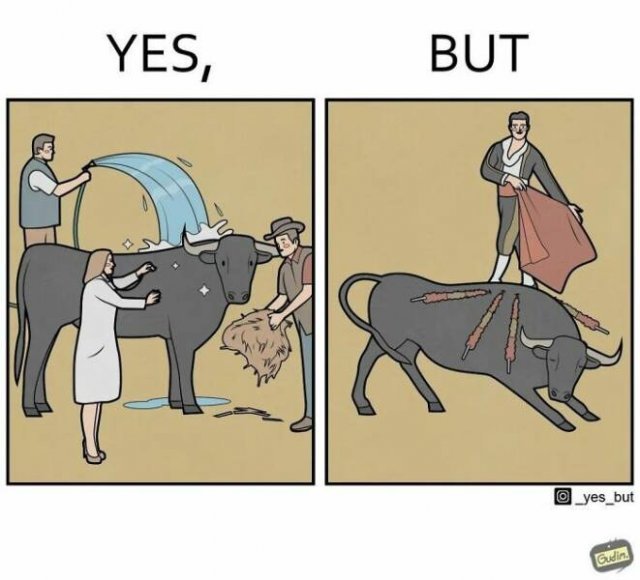
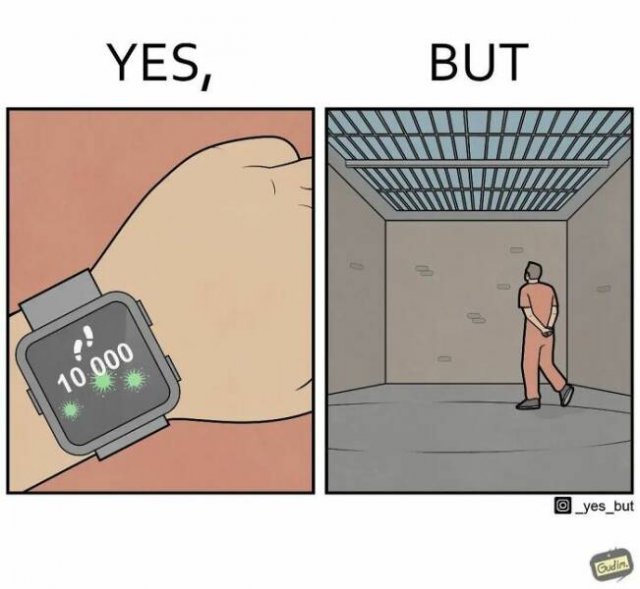

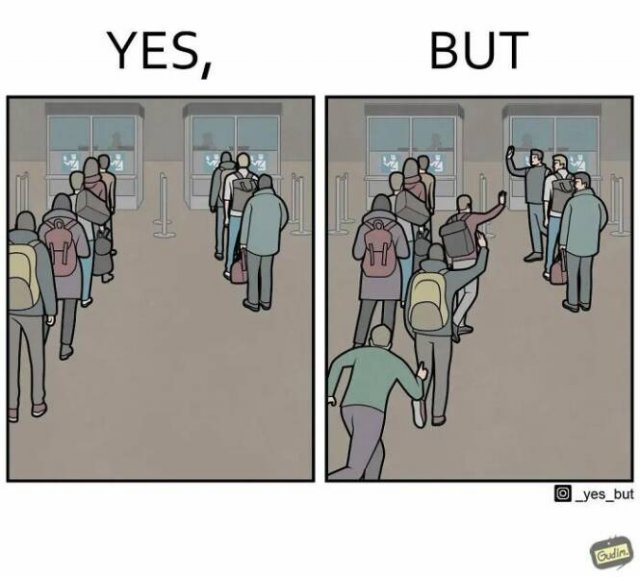


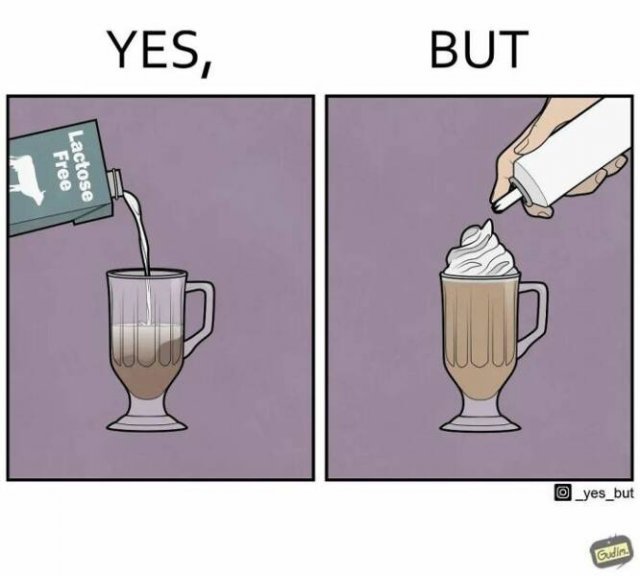





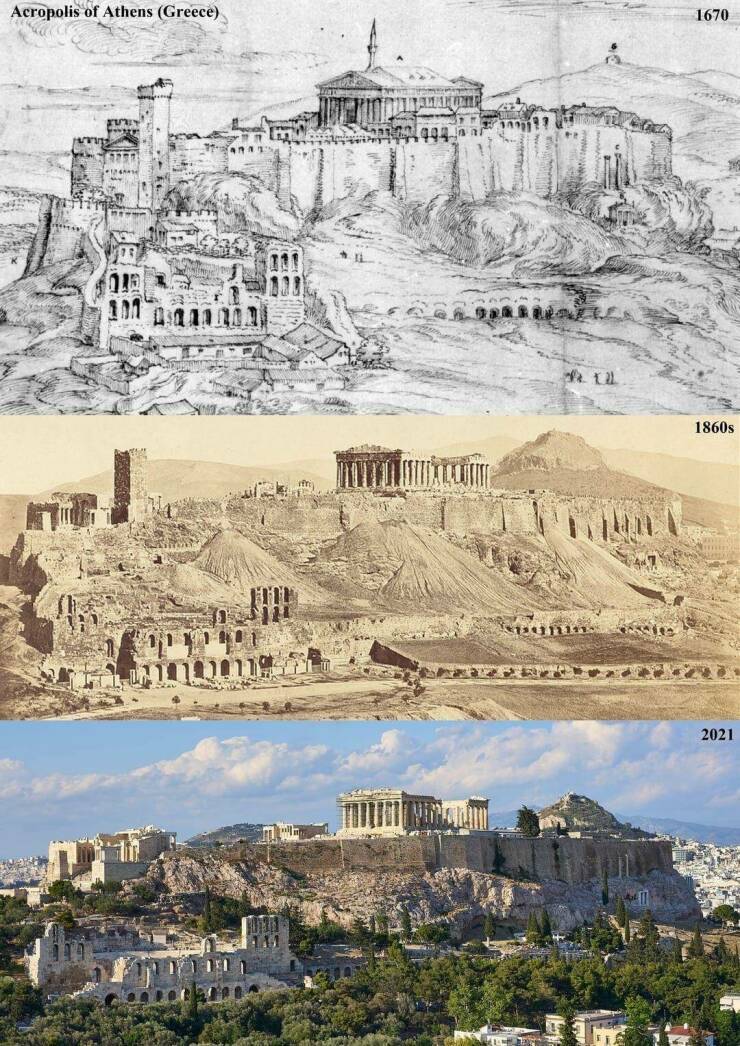




























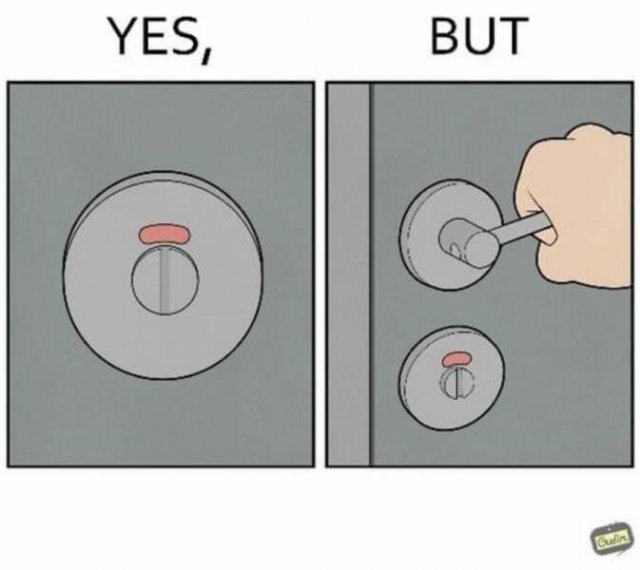


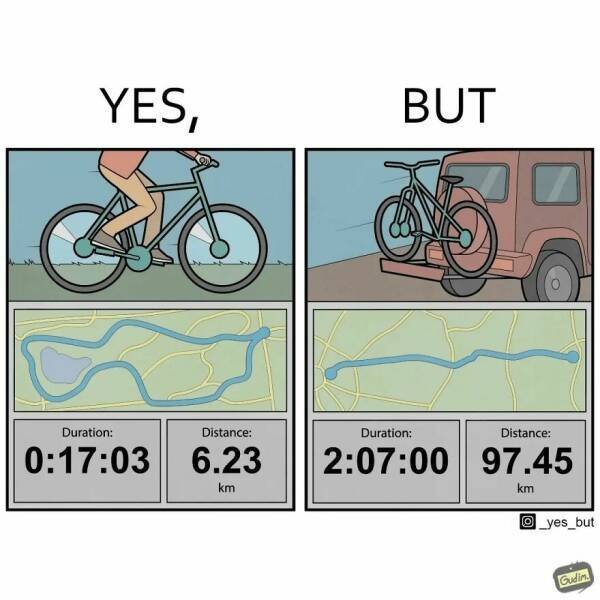


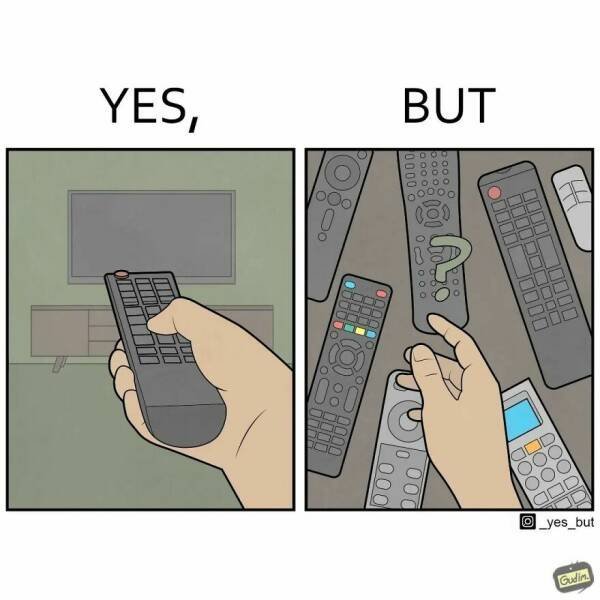
















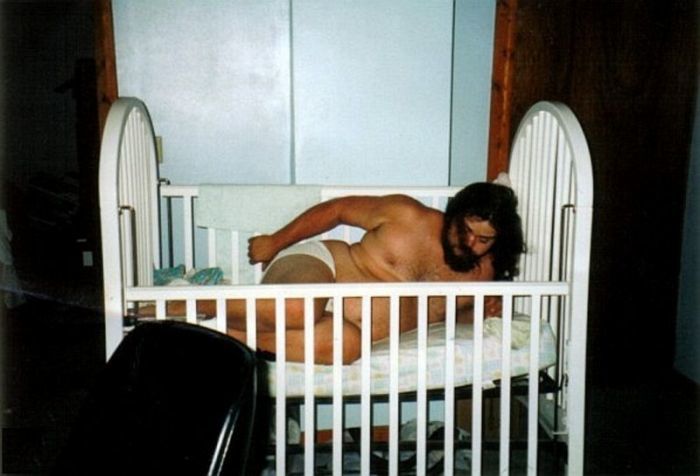












» Disneyland vacation
» UP & COMERS
» WGT POETRY , QUOTES , MOMENTS , & MORE
» Word Genius Word of the day * Spindrift *
» Tales of Miurag #3 in Paperback Patreon Story in December!
» Download WhatsApp
» WORD DAILY Word of the Day: * Saponaceous *
» Word Genius Word of the day * Infracaninophile *
» THE TRUMP DUMP .....
» INTERESTING FACTS * How do astronauts vote from space? *
» WWE Crown Jewel is almost here! Don't miss the action LIVE today only on Peacock!
» NEW GUEST COUNTER
» Merriam - Webster Word of the day * ‘Deadhead’ *
» WWE Universe: Your Crown Jewel Broadcast Schedule has arrived!